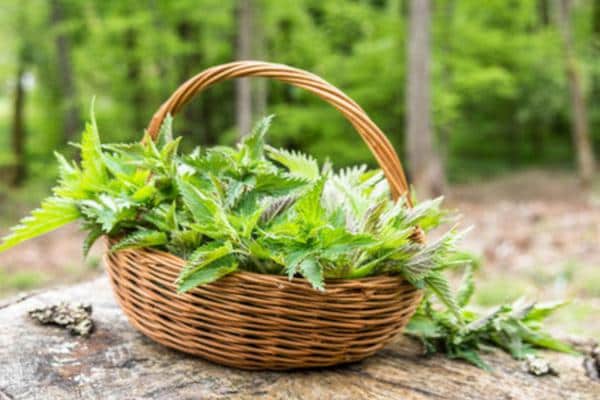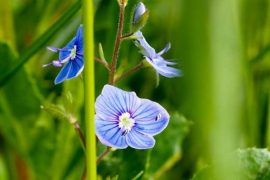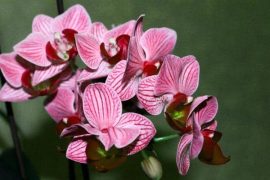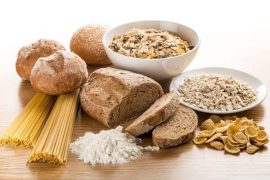Зміст
With nettles, which usually grow throughout the country, many of us do not have good associations. All because of burning, blistering and pain, which are the result of her direct contact with the skin. These opinions, of course, are harmful to this graceful plant, because it has a number of health-improving actions: the vitamins and minerals contained in it are extremely valuable for maintaining full health. They strengthen the body, regulate the work of many organs and support their basic functions. What is worth knowing about nettles?
Use of nettle
In the past, nettle was used mainly in cooking: nutritious soup was prepared from it and used as various types of filling. Sometimes farmers add it as feed for farm animals, and traditional medicine uses nettle infusions, which are especially useful in autumn and winter, because they can improve the body’s immunity. Sometimes this plant is used for hair care: with regular use it prevents the appearance of dandruff and effectively removes it.
Young nettle
Young nettle leaves have the most healing properties. Herbalists begin to harvest from the end of April and continue until flowering, that is, until the end. Only healthy samples are taken that grow far away from contaminated sites. Nettle can be used either as fresh raw materials, or properly dried and stored at home. From young leaves you can prepare both infusions and juices, preparations and homemade dough.
Nutrients in nettles?
Nettle is rich in many valuable nutrients. It contains mainly vitamins C, E, K and group B. In addition, it is a valuable source of important elements: phosphorus, manganese, silicon and calcium. In addition, it contains tannins, flavonoids and pantothenic and organic acids. These makes nettle anti-inflammatory and antibacterial.
Nettle action
Nettle sensationally affects the proper functioning of the urinary system. Regular use improves its effect and is a diuretic, which is useful for removing toxins and bacteria present in the bladder and urethra. It is also proven invaluable for colds and pain in the bladder or difficulty urinating. Infusions of young nettles bring significant relief from kidney stones.
Relieves Allergy Symptoms
The active substances present in young nettles exhibit an antihistamine-like effect, so it can be useful in case of allergies: rash, rhinitis or excessive lacrimation. Flavonoids present in nettles increase the body’s immunity.
Digestive system
Eating young nettles supports the digestive system. First, it regulates the digestive processes and is extremely useful for people struggling with diseases of the stomach: colds, pain and indigestion. Nettle improves bowel function and metabolism, making it easier to maintain a healthy and slim figure.
Contraindications
Nettle does not cause side effects if taken in reasonable amounts (for example, two cups of infusion per day). Otherwise, it may leach mineral salts from the body and expose it to a lack of valuable vitamins and elements. In addition, it is not recommended for diabetes, chronic kidney disease, and cancer.








